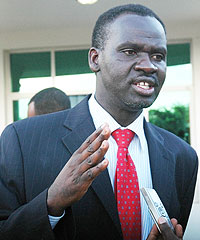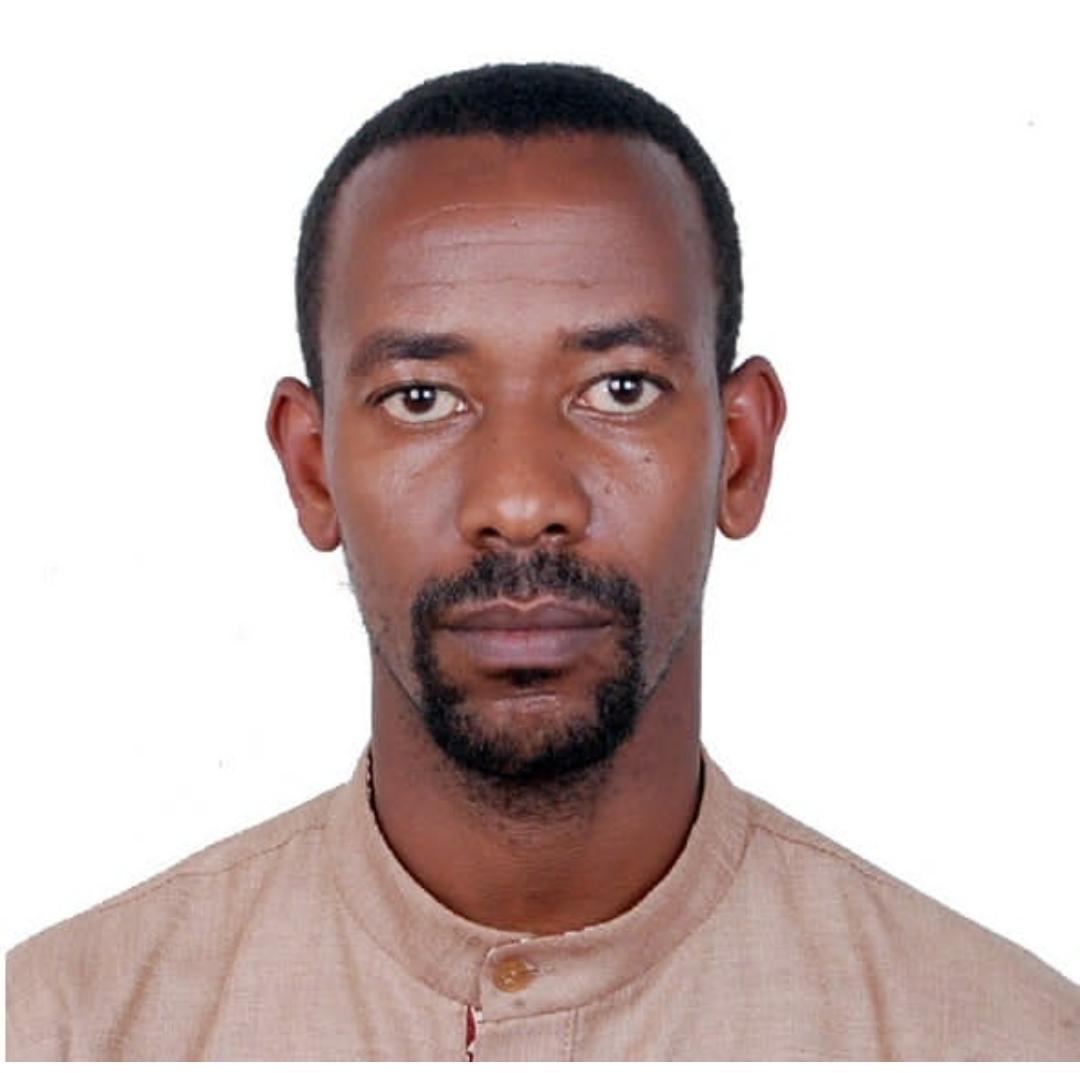KIGALI - Sudan and Egypt are not considering pulling out of the Nile Basin Initiative (NBI) in protest over the recent signing of the Cooperative Framework Agreement (CFA), the Environment Minister has said.


KIGALI - Sudan and Egypt are not considering pulling out of the Nile Basin Initiative (NBI) in protest over the recent signing of the Cooperative Framework Agreement (CFA), the Environment Minister has said.
During an interview, Minister Stanislas Kamanzi, who had just returned from Ethiopian capital Addis for a Council of Ministers’ meeting, refuted media reports that the two downstream countries, specifically Sudan, had frozen their membership.
"Neither Sudan nor Egypt have indicated they would freeze their NBI membership. The only fact is that they have been showing little cooperation as far as moving forward the NBI agenda is concerned,” said Kamanzi.
He however said that the two countries refused to sign the minutes of the Addis meeting, owing to their disagreement over some of the articles in the framework that has been assented to by five upstream countries that include Rwanda.
The new pact seeks to give all the nine States equal rights to the Nile waters.
Media reports quote both Sudanese and Egyptian ministers as saying that their governments had frozen their membership as long as upstream countries stick to the CFA which they endorsed a few months ago in Uganda.
"We freeze the activities related to the Nile Basin Initiative till we find a solution to the legal implications,” Kamal Ali, Sudanese Minister for Water is quoted as having said.
"If they decided to freeze their membership, the rest of the NBI members would work out adequate ways and means to pursue the same NBI objectives and this is within their reach,” Kamanzi said.
The upstream countries that have so far signed the Entebbe agreement include Rwanda, Uganda, Ethiopia, Kenya and Tanzania.
Others that have not consented but expected to sign soon include Burundi and the Democratic Republic of Congo.
The new deal would need at least six signatories to come into force.
Kamanzi pointed out that the freezing of membership by Sudan and Egypt is a general concern and that countries are working together for a mutual understanding.
"There are reasons for concerns indeed. The NBI has become bipolarized and there seem to be no way forward. This state of affairs compromises the needed synergies to move our agenda forward,” said Kamanzi.
He added that one solution to that is the decision by a number of countries, including Rwanda, took to sign the CFA to establish the Nile Basin Commission.
"We gave ourselves one year for the rest to join. Our wish is to have them come on board. If they don’t we will find ways to advance adequately.”
He pointed out that the Addis meeting was another source for frustrations for the upstream countries that want positive things to happen with no further delay.
"One encouraging thing is at least that all the NBI members turned up including Egypt and Sudan…the worst case scenario would have been if they had not participated.”
Kamanzi emphasized that both Egypt and Sudan remain NBI members and remain ready to dialogue on the issues of water security.
Ends


